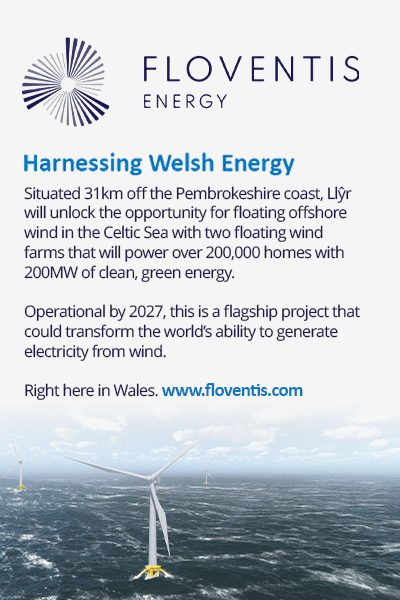The plastic waste issue within manufacturing has become a significant global problem, with significant environmental, economic, and social consequences.
The overreliance on single-use plastics, inadequate recycling infrastructure, and the growing demand for consumer goods are key factors contributing to this issue.
In response to this growing crisis, Pulse Plastics, an established Welsh firm based in Ebbw Vale has emerged as a promising solution for manufacturing businesses with plastic waste, taking a unique approach to sustainability.
Instead of focusing on reducing the amount of plastic waste produced, the team at Pulse are harnessing the power of reprocessing plastic, and in doing so opening up new circular economy opportunities for manufacturing businesses.
Green Economy Wales engaged in a conversation with Nathan Reid, Operations Director at Pulse Plastics, to discuss their role in assisting manufacturing companies with plastic waste management. Nathan explains the transformative impact of Pulse Plastics‘ circular economy approach and how firms can pelletise their plastic waste, turning it into new products.
By using advanced technology and innovative techniques, Pulse Plastics is able to turn plastic waste into high-quality materials that can be used again and again. This not only reduces the amount of plastic waste in landfill but also helps to conserve natural resources by reducing the need for new plastic production.
Reprocessing plastic involves breaking down waste plastic materials into their constituent polymers, which can then be used to create new products. This innovative process helps to conserve natural resources by reducing the demand for virgin materials derived from fossil fuels. For every ton of plastic that is recycled, up to 16 barrels of oil can be saved. Additionally, reprocessing plastic uses 88% less energy than producing new plastic materials.
Another factor that manufacturers should consider is the plastic tax. If your business has manufactured or imported 10 or more tonnes of plastic packaging within the last 12 months, you may be required to register for this tax. The plastic packaging tax applies to manufacturers and importers of plastic packaging components containing less than 30% recycled plastic.
By embracing the power of reprocessing plastic, we can move towards a more sustainable future, creating a circular economy that benefits both the environment and society.
To find out more, contact Nathan Reid (07966 198696) email – or visit the website here.




